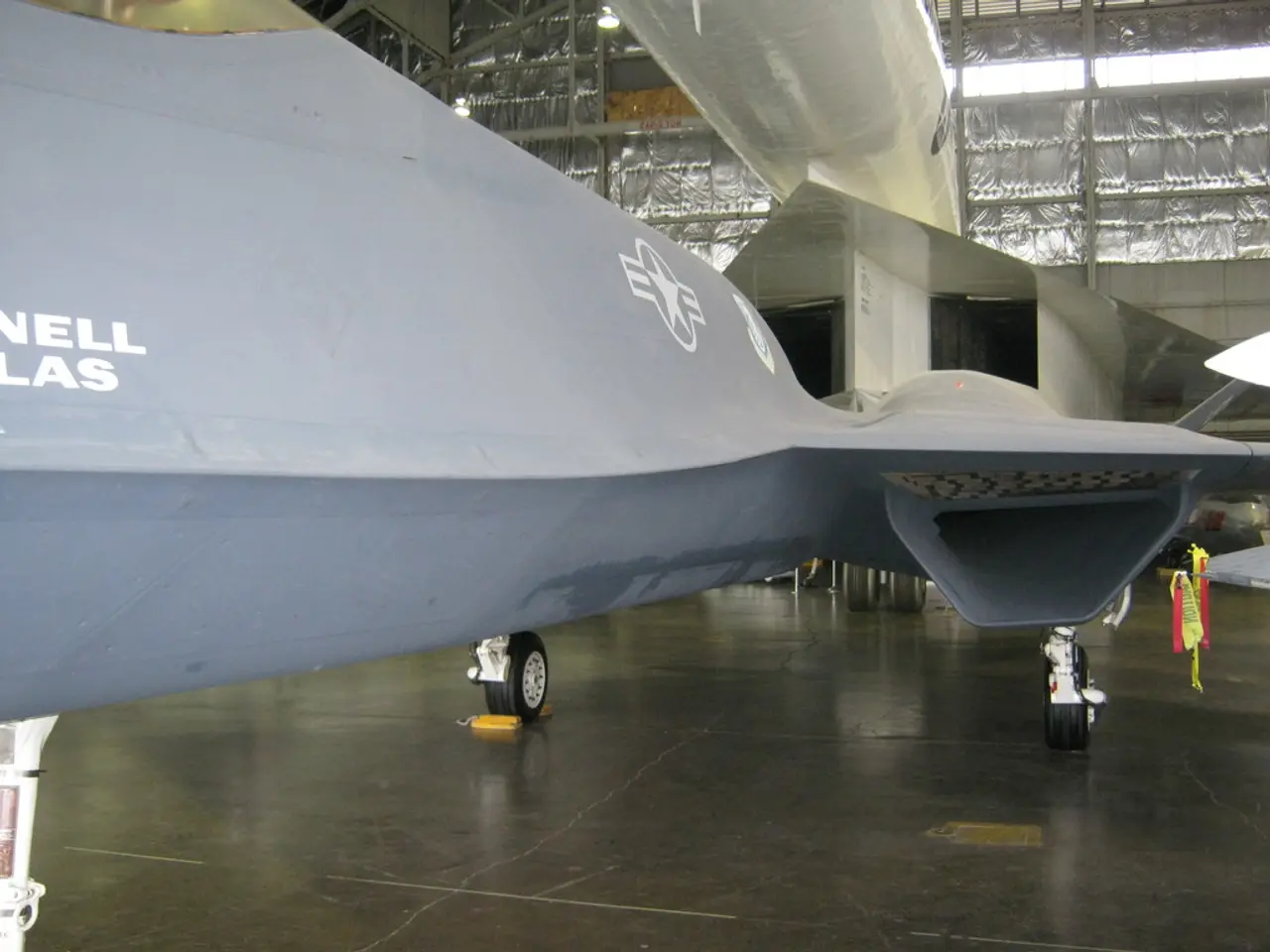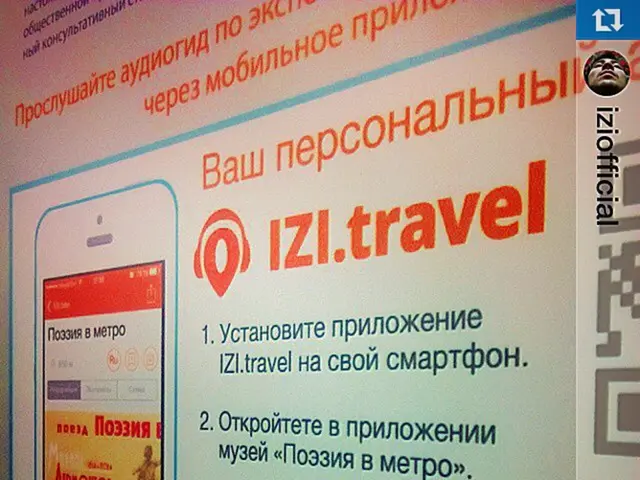Quantum computing as a catalyst for carbon emission reduction in the aviation sector?
Airbus, a global leader in aerospace innovation, is exploring the potential of quantum computing to revolutionize various aspects of its operations. The company aims to pioneer sustainable aerospace for a safe and united world, and quantum computers are seen as key to this ambition.
Quantum Computing for Fuel Cell Simulation
One of the most confirmed Airbus quantum computing projects focuses on fuel cell simulation for sustainable, hydrogen-powered aircraft. Airbus is collaborating with companies like Quantinuum and BMW Group to harness quantum computing for faster and more efficient electrochemical process simulations critical to fuel cell technology. This collaboration is part of Airbus's plans to test hydrogen-powered aircraft like the ZEROe demonstrator within a few years as a step toward commercial hydrogen aircraft by 2035.
Quantum Computing for Aircraft Trajectory Optimization
Airbus is also actively engaged in quantum computing challenges and collaborations, with potential for quantum algorithms to optimize flight trajectories in real time. Quantum computers can perform computations on a far larger scale than traditional computers, allowing for complex calculations considering air traffic restrictions and weather patterns. The speed and accuracy of quantum algorithms are crucial for trajectory optimization.
However, specific current projects explicitly targeting aircraft trajectory optimization in publicly available sources are limited.
Quantum Computing for Cargo Loading Optimization
In 2022, Airbus performed a use case demonstrator using IonQ's quantum computer for cargo loading optimization. Quantum computing can leverage the 'knapsack problem' to optimize cargo loading, ensuring an optimum solution for loading packages into cargo containers and the containers into the hold. This could lead to significant fuel savings and reduced emissions.
Despite this, no explicit information was found on Airbus’s direct use of quantum computing for cargo loading optimization in the latest 2025 reports. However, integrating quantum computing into industrial workflows to tackle complex materials science, energy storage, and possibly related optimization problems aligns with Airbus’s research direction.
Quantum Computing for Computational Fluid Dynamics (CFD)
Quantum computing has the potential to break the design bottleneck for future aircraft by enabling more efficient CFD calculations. CFD is a digital simulation of airflow around an airframe that informs the shape and aerodynamic efficiency of a new aircraft. However, no explicit mention of quantum computing projects in CFD simulation was found in available sources.
The Quantum Mobility Quest
The Quantum Mobility Quest is a joint initiative launched by Airbus and the BMW Group in 2023, aimed at accelerating and maturing quantum solutions for the industry. The initiative aims to team up with leading players to solve complex industry challenges, including those in aerospace and automotive sectors.
In conclusion, Airbus's most confirmed quantum computing projects focus on fuel cell simulation for sustainable, hydrogen-powered aircraft. Ongoing exploratory work and challenges potentially pave the way for future optimization in trajectory and other operational areas.
Science and technology are integral parts of Airbus's quantum computing projects. For instance, the company is collaborating with Quantinuum and BMW Group to optimize fuel cell simulation for sustainable, hydrogen-powered aircraft, demonstrating their commitment to scientific advancement and technological innovation in its operations. Additionally, quantum computing is being explored for aircraft trajectory optimization, aiming to perform complex calculations for real-time trajectory adjustments, showcasing the innovative use of technology in this field.




